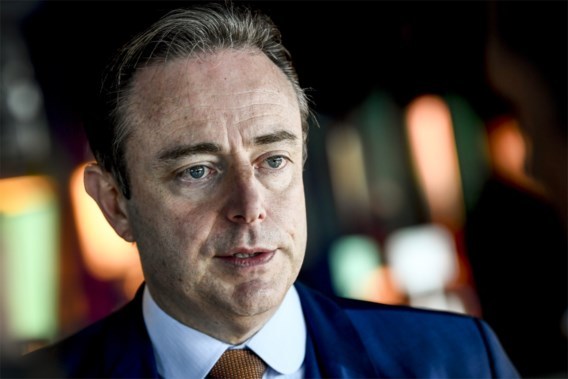Belgium’s political parties spent €4,858,980 in 2020 on advertising on Facebook, according to research by the activist group AdLens, which acts for more transparency in political advertising.
But the parties are far from being equal when it comes to publicity: between them, the N-VA, Vlaams Belang and the Dutch-language page of the left-wing PVDA accounted for 74% of all spending by parties on Facebook.
Add in the PTB’s French-language page and the total comes to a 78% share for just three parties, who shared a total of under 37% of the federal vote.
Flemish parties dominate the table, spending more than their French-speaking counterparts. in some cases by a wide margin.
For example, in July 2020 the Flemish PVDA spent €39,154, while its French-speaking counterpart the PTB spent only €14,249. Flemish socialists (sp.a/Vooruit) spent €10,3410, while the French-speaking PS spent only €705.
Even on a European level, Belgian parties have a presence outweighing their size. The European page of Vlaams Belang is in first place among all European parties, followed by N-VA in second and, in fifth place, PVDA.
Among the other big spenders in 2021 were the political parties of the Netherlands and Germany. But both countries had elections this year, in March and September respectively, while Belgium did not.
When it comes to political personalities, the spending more or less follows the same party lines. Bart De Wever (N-VA) is out in front on almost €22,000, ahead of Conner Rousseau (Vooruit) on just under €20,000 and Tom Vandendriessche (Vlaams Belang) close behind on just over €18,000.
The sums spent on De Wever place him in first place not only in Belgium, but in Europe.
However, of the top ten European politicians for spending, nine are Belgian: De Wever, Rousseau, Peter Mertens (PVDA), Tom Van Grieken (VB), Georges-Louis Bouchez (MR), Vandendriessche, Jan Jambon (N-VA), Zuhal Demir (N-VA), and Ben Weyts (N-VA).
Only Bouchez is not Flemish, but while his party is relatively small, he has a habit of popping into the news in every context, which may influence his name recognition.
The only exception in the top ten of Europe is the Dutch Christian Democrat Wopke Hoekstra in eighth place.
But is a high Facebook ranking a good investment for the parties? According to a study published jointly by the universities of Leuven and New York, not so much.
The figures from AdLens are official figures published by the parties in line with the laws on election spending. However according to a publication by the two universities, Facebook somehow manages to miss no fewer than 83% of political ads it publishes, but which have not been correctly declared. The figure for Belgium is 9%, which might seem relatively little, but still amounts to more than €437,000 for all parties in all of 2020.
This week in the federal parliament, the green parties Ecolo and Groen will introduce a bill to limit spending on political advertising outside of election periods.

